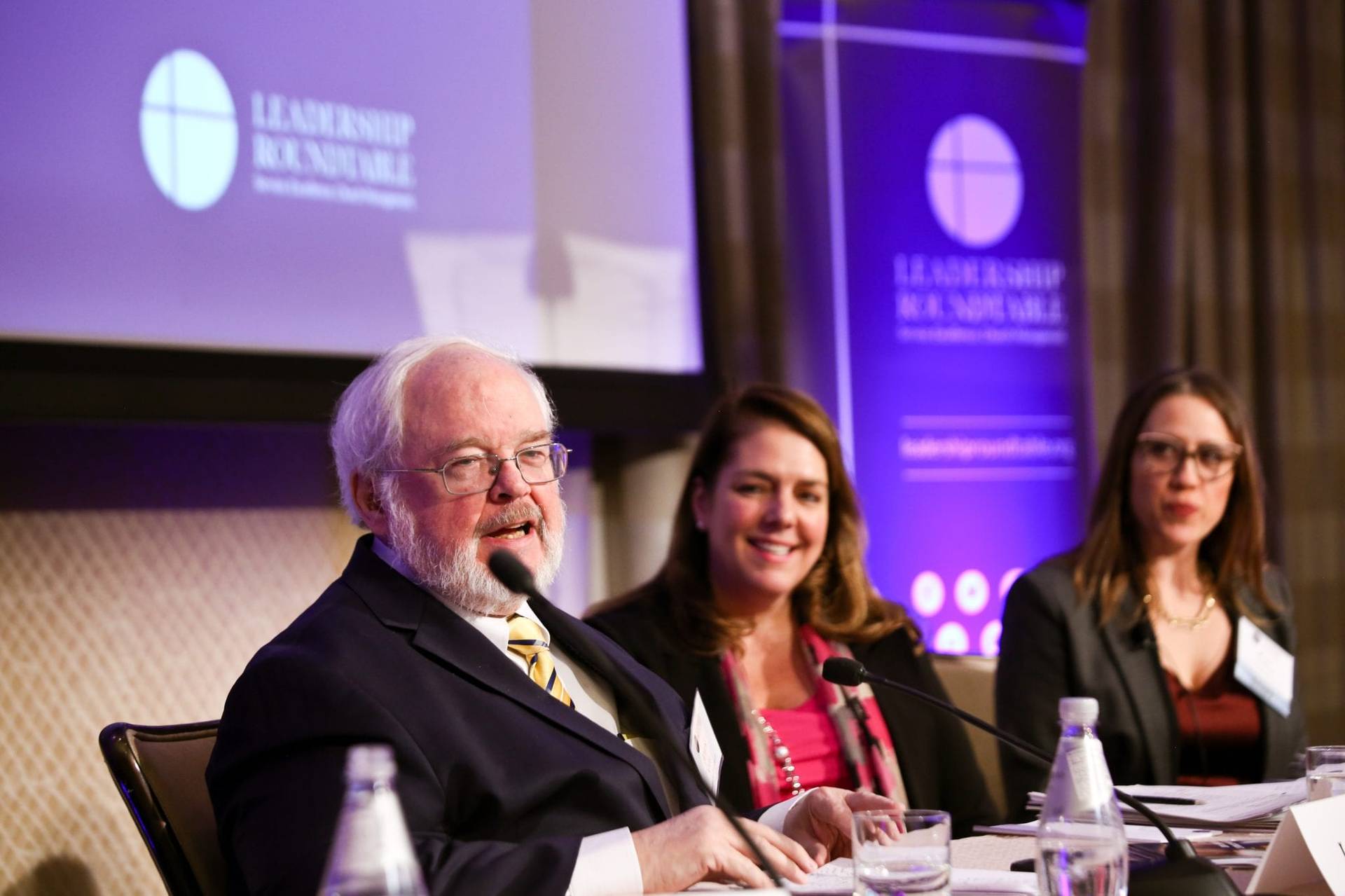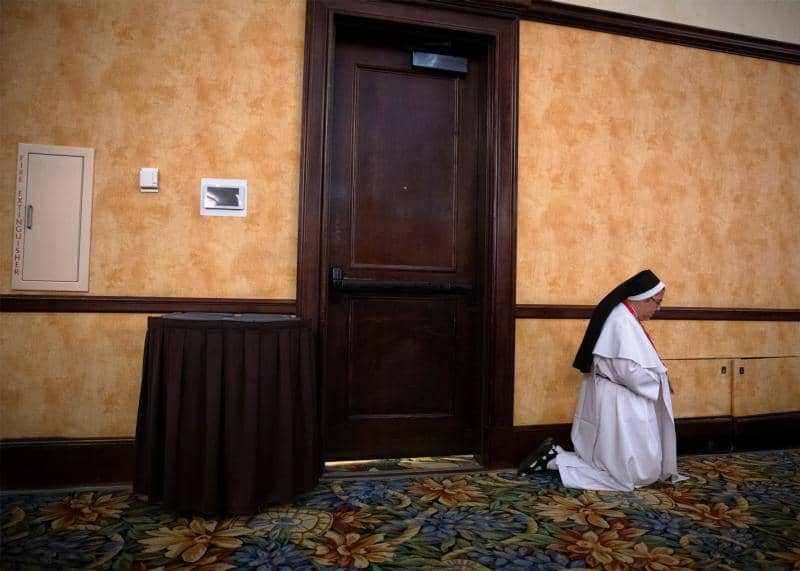ROME — Cardinal Sean O’Malley of Boston wants to see a report from the Vatican detailing who knew what and when about Theodore McCarrick, once among the most influential men of the Church in the United States – and, as of last Saturday, an ex-priest found guilty of sexual sins with both minors and adults.
O’Malley said he believes that report will include information sent to the Holy See by the four dioceses where McCarrick served, meaning New York, Metuchen, Newark and Washington, D.C.
Knowing what happened, O’Malley said, is “very important” when it comes to possible wrongdoing both in the United States and in the Vatican. Transparency is key, he said if the Church wants to be able to confront the problem.
O’Malley never mentioned McCarrick’s name during a Vatican news conference on Friday as part of Pope Francis’s summit on child sexual abuse. Cardinal Blase Cupich of Chicago did but short of every ecclesiastical title, reflecting the fact that the former U.S. cardinal is no longer a priest.
“The only thing I can tell you is that I and everyone else has to be held accountable, and I’ve always believed that,” Cupich said. “The situation of Theodore McCarrick is a very sad moment in history, a very shameful moment.”
Cupich was tapped by Francis as one of four prelates organizing this week’s summit on the protection of children.
Guaranteeing that children are safe is a priority for the Catholic Church, O’Malley said, adding that Francis understands this cannot be only a “Church effort.”
“By addressing the problem, the Church is helping the broader society,” O’Malley said Friday. “But we have to begin by putting our house in order.”
Addressing the “crimes, the betrayals, inflicted on so many children and vulnerable adults,” he said, is part of the mission of the Church.
O’Malley served as president of the Pontifical Commission for the Protection of Minors. He noted that Francis requested a series of documents from the United Nations on clerical abuse be distributed to the 190 participants in his Feb. 21-24 summit.
“We’re part of a human family, and we’re all concerned about the safety of our children,” O’Malley said.
Also speaking with journalists Friday were Maltese Archbishop Charles Scicluna, formerly the Vatican’s top prosecutor on sex abuse crimes; Italian layman Paolo Ruffini, head of the Vatican’s communication apparatus; and Italian Father Federico Lombardi, a former papal spokesman who’s moderating the summit.
One of the key issues during the press conference was zero tolerance, which came up after the pope gave the presidents of bishops’ conferences and other church leaders a series of 21 recommendations, which he said came from the bishops themselves.
Point number 15 spoke about the traditional principle of proportionality of punishment with respect to the crime, while also stating that bishops and priests who are guilty of sexual abuse of minors should be removed from ministry. Critics suspected a retreat from the practice that clergy found guilty of sexually abusing a minor should be dismissed from the clerical state, or, in the colloquial argot, “defrocked.”
As Scicluna noted, from a “prudential and pastoral point of view,” the principle that no person who would hurt a child can remain in ministry has to “govern every decision.”
Regardless of the punishment imposed, he said, removing predators from ministry is “prudential and urgent.”
Both Cupich and O’Malley began the news conference thanking victims and survivors for the role they’re playing in the summit.
“We’re meeting here because of the witness, courage, candor of victims and survivors,” Cupich said. “I always found it to be the case that meetings with them really keep us focused.”
All spoke about the importance of “synodality,” as it was the core of the message the Archbishop of Chicago delivered Friday morning to the summit’s participants.
O’Malley noted that the 2002 Dallas charter on the protection of children made “a huge difference” in the way the Church responds to sexual abuse in the U.S. However, he said, “there’s a serious lacuna that needs to be address urgently,” and that’s the matter of episcopal responsibility, involving lay people to guarantee confidence is restored.
He also said that he’s very “encouraged” by the meeting so far, because he sees a real intent to “understand the seriousness of this and [participants] want to come up with concrete means that can be implemented throughout the world.”
















